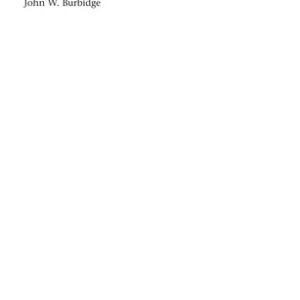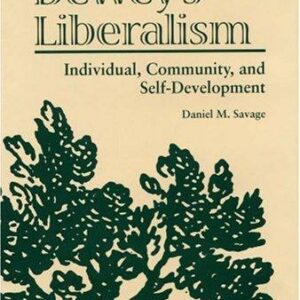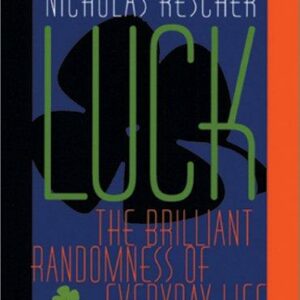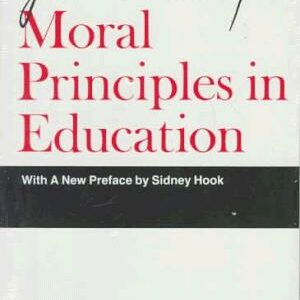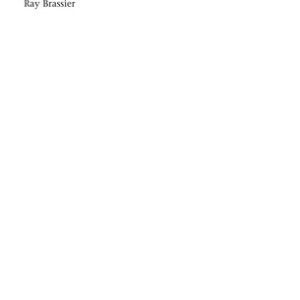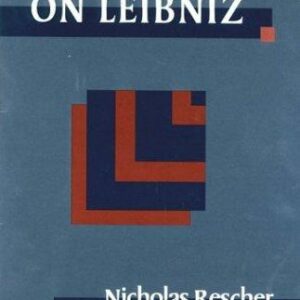-
-
Four Decades of Scientific Explanation
$35.95As Aristotle stated, scientific explanation is based on deductive argument–yet, Wesley C. Salmon points out, not all deductive arguments are qualified explanations. The validity of the explanation must itself be…
-
Hegel’s Systematic Contingency
$115.00John Burbidge shows that, far from incorporating everything into an all-consuming necessity, Hegel’s philosophy requires the novelty of unexpected contingencies to maintain its systematic pretensions. To know without fear of…
-
Heideggerian Marxism
$35.00The Frankfurt School philosopher Herbert Marcuse (1898–1979) studied with Martin Heidegger at Freiburg University from 1928 to 1932 and completed a dissertation on Hegel’s theory of historicity under Heidegger’s supervision….
-
Inkosana Encini
$11.95Published for the first time in the South Africa indigenous language of isiXhosa, this is a translation of The Little Prince, one of the world’s most beautiful and popular stories. A pilot forced to land…
-
Integral Humanism, Freedom in the Modern World, and A Letter on Independence, Revised Edition
$125.00The three books presented in this volume, Integral Humanism, Freedom in the Modern World, and A Letter on Independence, were all written in the early 1930s, a time of dire…
-
John Dewey’s Liberalism
$28.00John Dewey’s classical pragmatism, Daniel M. Savage asserts, can be used to provide a self-development-based justification of liberal democracy that shows the current debate between liberal individualism and republican communitarianism…
-
Luck
$24.95Luck touches us all. “Why me?” we complain when things go wrong—though seldom when things go right. But although luck has a firm hold on all our lives, we seldom…
-
Moral Principles
$20.00“This[is a] forceful and sound little manual which is an interpretation of consistent psychology, ethics and sociology with reference to moral education in the school.”—Journal of Educational Psychology “The most…
-
-
Nihil Unbound
$115.00Where much contemporary philosophy seeks to stave off the “threat” of nihilism by safeguarding the experience of meaning–characterized as the defining feature of human existence–from the Enlightenment logic of disenchantment,…
-
On Leibniz
$32.50Gottfried Wilhelm Leibniz (1646-1716) possessed one of history’s great minds. The German philosopher, mathematician, and logician invented (independently of Sir Isaac Newton) calculus. His metaphysics bequeathed a set of problems…
All Department


